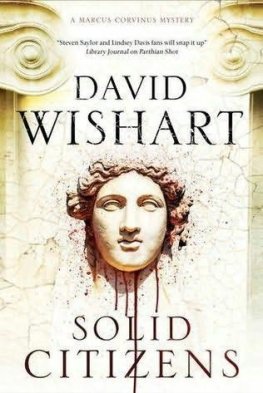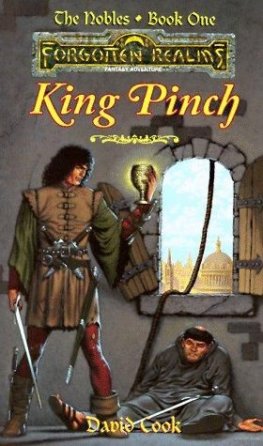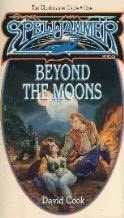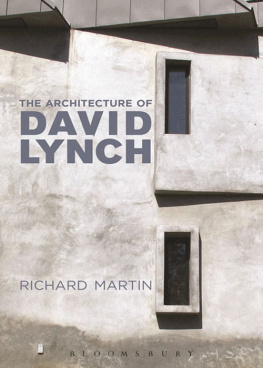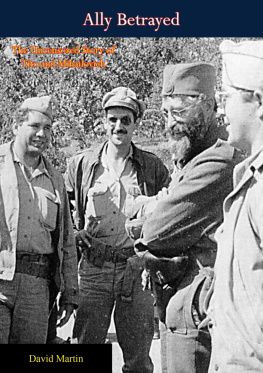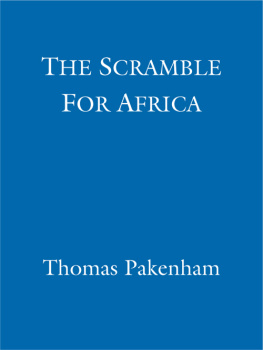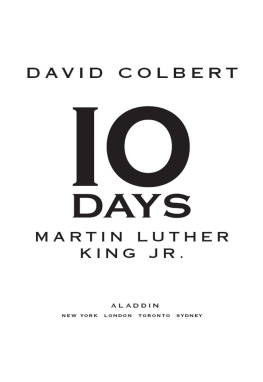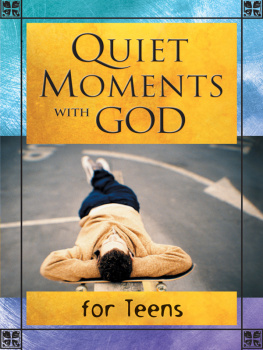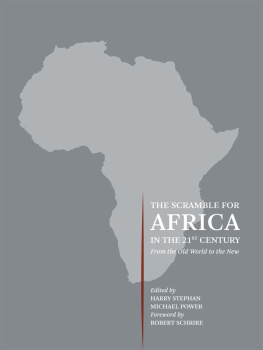Stanford University Press
Stanford, California
2013 by the Board of Trustees of the Leland Stanford Junior University.
All rights reserved.
No part of this book may be reproduced or transmitted in any form or by any means, electronic or mechanical, including photocopying and recording, or in any information storage or retrieval system without the prior written permission of Stanford University Press.
Printed in the United States of America on acid-free, archival-quality paper
Library of Congress Cataloging-in-Publication Data
Cook-Martn, David (David A.), author.
The scramble for citizens : dual nationality and state competition for immigrants / David Cook-Martn.
pages cm.
Includes bibliographical references and index.
ISBN 978-0-8047-8298-2 (cloth : alk. paper)
ISBN 978-0-8047-8475-7 (e-book)
1. Dual nationalityArgentina. 2. Dual nationalityItaly. 3. Dual nationalitySpain. 4. CitizenshipArgentina. 5. CitizenshipItaly. 6. CitizenshipSpain. 7. ArgentinaEmigration and immigrationGovernment policy. 8. ItalyEmigration and immigrationGovernment policy. 9. SpainEmigration and immigrationGovernment policy. I. Title.
JL2083.C67 2012
323.63dc23
2012013926
Acknowledgments
The path to this book began in a Madrid hostel, took me to Buenos Aires, back to Madrid, Barcelona, and Genoa, always with returns to my home base of Los Angeles. In each place I talked to people and visited archives in search of answers to questions about the unfolding quality of citizenship. While I researched and wrote, our two toddlers became teenagers, friends married and divorced, and loved ones died. I took a job in a midwestern college town. Life does indeed happen while one is writing books.
And like the rest of life, the writing of books is a struggle. I have been fortunate then to count on the generous support of institutions, colleagues, and family. The Center for European and Eurasian Studies at UCLA and the Center for European Studies at Berkeley provided start-up support. The National Science Foundation (#SES0512080) and Grinnell College (Harris Faculty Fellowship) allowed me to extend my historical research and the luxury of writing time. Colleagues at the Instituto Gino Germani at the University of Buenos Aires, the Centro de Estudios Migratorios Latinoamericanos, and the Archivo General de la Nacin as well as Spanish and Italian universities made this work possible: in particular, Susana Novick, Alicia Bernasconi, Daniel Santillo, Mara Gabriela Muras, Gabriela Mera, and Pedro Peruca. I am especially in debt to the many people who shared their stories with me, especially the incomparable Nito Gil, who passed last year.
Mentors like Roger Waldinger, Rogers Brubaker, Kitty Calavita, Rebecca Emigh, Donna Gabaccia, Gail Kligman, David Lopez, and Jos Moya played key roles at various stages of the project. Many colleagues generously read drafts, offered encouragement, and challenged arguments. I would especially like to thank David FitzGerald, dl Bozkurt, Eric Carter, Mark Choate, Judy Hunter, Karla Erickson, Sandra Gil Araujo, Astrid Henry, Judy Hunter, Christian Joppke, Stephanie Limoncelli, Mara Loveman, Adam McKeown, Dan Reynolds, Takeyuki Tsuda, and Anah Viladrich. The anonymous reviewers for Stanford University Press, and especially Editor Kate Wahl, helped tremendously. Students in my political sociology seminar at Grinnell College changed how I wrote this book, and for that I am grateful. Caitlin Fuller provided invaluable research support. De Dudley, administrator extraordinaire, made it possible to get to press.
It is a privilege and an indulgence to thank my immediate and extended family for making sure I did not forget that there was still a life to be lived while I worked on this book. Nick and Gabe have earned a PhD in helping me to keep it real. My wife, Claudia, has been an unwavering supporter and antidote to the neuroses of academia. I dedicate this book to Nick, Gabe, and Claudia. My parents, David and Raquel, and siblings, Raquel and Andrs, were my first sociological interlocutors and have always shown genuine curiosity in my work. Elsa, my mother-in-law, kept me alert with generous infusions of yerba mate as I wrote the early chapters of this book. My grandmother Angela inspired my interest in transgenerational migrants with her own stories. I am deeply saddened they are not here to see the publication of this book. My thanks also to the global diaspora of Cooks and Martns for lessons about passionate and slightly insane living.
Introduction
It is a brilliantly sunny and cool Buenos Aires morning outside the Spanish embassy in August 2003. By nine oclock in the morning, a line of people extends from the front door to the corner, almost a full block. They are waiting to apply for Spanish nationality or, as many put it, to get a Spanish passport. Lines get long so early that some enterprising Porteosas this citys dwellers refer to themselvesdo brisk business by saving a spot for clients who must drop kids off at school or check in at work before joining other aspiring Spaniards. I learn about these daily practices and peoples concerns by waiting in line with them. Their stories suggest that, while the worst of the 2001 financial crisis in Argentina has passed, uncertainty about the future lingers in the minds of an economically strapped middle class. Many tell me that their grandparents and great-grandparents came looking for a better life and thought they had found it in the land of silver. Now the descendants of these mythic, hard-working immigrants see their aspirations threatened if not dashed by a financial crisis that has decimated their savings. In these circumstances, the nationality of a long gone Spanish abuela or Italian nonna can be a ticket to a place with better prospects.
The people I talk to in these lines and in one-on-one interviews alternate between pragmatic explanations of their decision to seek a second nationality, justifications for what fellow Argentines might view as disloyalty, and surprise or anger that the fortunes of Argentina have declined in the face of seemingly insurmountable challenges. Regardless of how many other passports they hold, interviewees assert their Argentine identity. Emotion punctuates much of what these would-be emigrants tell me. Lidia, a professional woman in her fifties, whom I meet at a repository of immigration records, is applying for an Italian passport so that her children can improve their work prospects. She needs proof of her relatives arrival in Argentina to support her application. Although by her own account she is there for strictly strategic reasons, she is overcome with emotion when the database assistant shows her an entry in the digitized historical records of port authorities. There she sees the names of her great-grandparents, grandmother, and great-uncles, the name of the steamer that carried them to Buenos Aires, and the date of arrival in the early 1900s. Lidia also discovers that her grandmother returned to Italy once with her family for a visit, suggesting that ties with the home country were not severed after the initial trip to Argentina. She wonders about the trip, other relatives that may have accompanied her family, and those who stayed behind. Questions about where they came from and what they experienced come pouring out. She regrets not asking her grandparents more questions. Lidias experience illustrates how affective links to an ancestral homeland become mixed with a desire to have a legal affiliation with its state.


